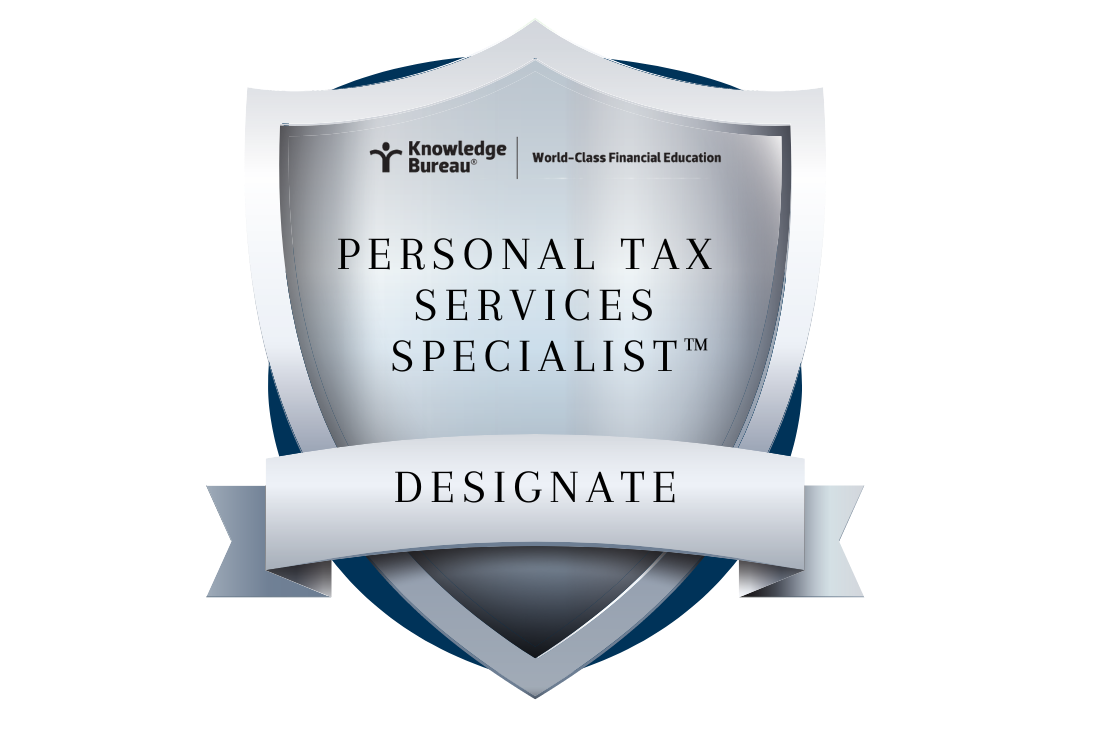Last updated: December 14 2022
Tax Tip: Leaving Canada? What’s Included in the Departure Tax

Canadians, who leaving the country become emigrants, and have to file a final tax return as of the date of emigration must report income for the period of residency and also, a deemed disposition of their taxable assets. This can generate capital gains or losses, which can generate a balance due or in some cases, additional refunds if losses are applied to prior year gains. There are some exceptions explained below.
Importantly, there are big fines for those who fail to file the disclosure form that lists their assets.
Taxable Canadian Properties
Most taxable Canadian properties will need to be reported on Form T1161, List of Properties by an Emigrant of Canada T1161, if the fair market value of all the property was $25,000 or more. You must list properties owned within or outside of Canada, with the exception of the following[1]:
- Canadian real or immovable property, Canadian resource property, and timber resource property and Canadian business property (including inventory) if business is carried on through a permanent establishment in Canada. However, you can elect to declare the deemed disposition of these properties if you wish by filing Form T2061A, Election by an Emigrant to Report Deemed Dispositions of Property and any Resulting Capital Gain or Loss.
- Pension plans, annuities, registered retirement savings plans, pooled registered pension plans, registered retirement income funds, registered education savings plans, registered disability savings plans, tax-free savings accounts, deferred profit-sharing plans, employee profit-sharing plans, employee benefit plans, salary deferral arrangements, retirement compensation arrangements, employee life and health trusts, rights or interests in certain other trusts, employee security options subject to Canadian tax, interests in certain personal trusts resident in Canada, and interests in life insurance policies in Canada (other than segregated fund policies). For a complete list, refer to the definition of “excluded right or interest” in Subsection 128.1(10) of the Income Tax Act.
- Property you owned when you last became a resident of Canada (or property you inherited afterward) if you were an individual who was a resident of Canada for 60 months or less during the 10-year period before you emigrated and you are not a trust
Do not include in the list any personal-use property valued at less than $10,000. Examples of personal-use properties are household effects, cars, collectibles or clothing.
Canadian Tax Form T1161
It’s also important to note that form T1161 must be filed on or before the filing due date even if a tax return is not being filed. The penalty for failing to do so is $25 for each day the form is late. There is a minimum penalty of $100 and a maximum penalty of $2,500.
Bottom Line: Emigrating from Canada has lots of tax consequences. Be sure to see a DMA-Tax Services Specialist™.
If you are a professional who wishes to shore up your professional development in cross-border taxation issues, take the Knowledge Bureau’s professional Cross Border Taxation Course.
Course Content for Knowledge Bureau’s Cross Border Taxation Course
Chapter 1 | Residency
Chapter 2 | Immigration and Emigration
Chapter 3 | Snowbirds
Chapter 4 | Owning Property as a Non-Resident
Chapter 5 | Canada-U.S. Tax Convention (1980) AKA The Treaty
Chapter 6 | U.S. Citizenship
Chapter 7 | Canadian and U.S. Investments (including FATCA)
Chapter 8 | U.S. Estate and Gift Tax
Chapter 9 | Renouncing U.S. Citizenship
Enrol here. And receive credits: 30 CPE credits. Also, CE | CPD Credits. Most regulators and associations accept Knowledge Bureau certificate courses for continuing education credits.
[1] from CRA’s site: https://www.canada.ca/en/revenue-agency/services/tax/international-non-residents/individuals-leaving-entering-canada-non-residents/dispositions-property.html#Deemed_dispositions
©Knowledge Bureau, Inc. All rights Reserved
